Red Borneo Kratom is a unique strain of the Mitragyna speciosa tree, native to the island of Borneo. This tropical...
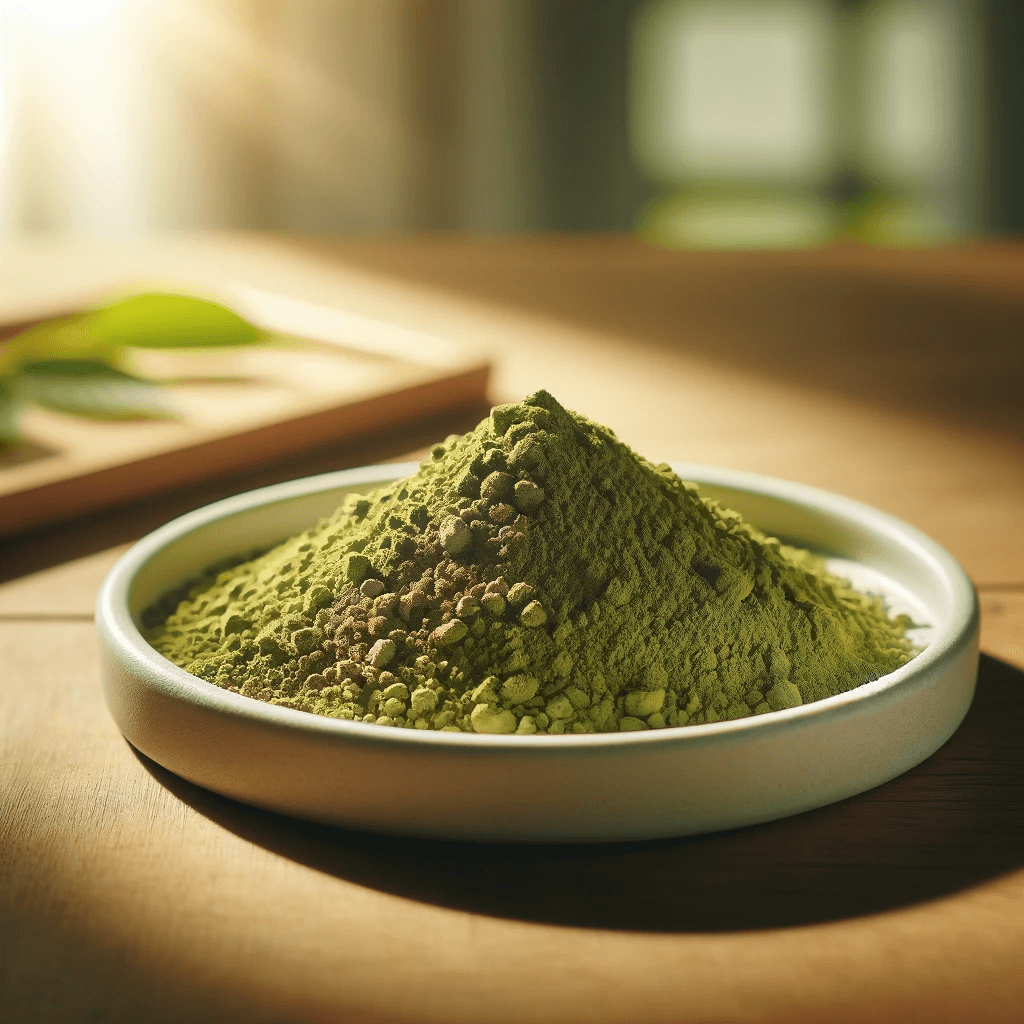
Kratom Regulation and Compliance in Malaysia
Introduction
Kratom, scientifically known as Mitragyna speciosa, is a tropical evergreen tree that is native to Southeast Asia. The leaves of the Kratom tree have been used traditionally for centuries in parts of Asia as a stimulant, painkiller, and treatment for opioid addiction. In recent years, Kratom has gained popularity around the world as an herbal supplement and alternative medicine. While Kratom is legal in some countries, it is banned or controlled in others due to concerns over potential side effects and safety issues. There is ongoing debate and research regarding the benefits and risks associated with Kratom use. Some proponents argue that it can serve as a safe alternative to prescription opioids, while critics argue that more studies are needed to determine the potential for addiction and toxicity.
However, the legal status of Kratom remains a complex and evolving issue globally. Malaysia, where Kratom originates from, has implemented strict regulations on the cultivation, sale, distribution, and use of Kratom leaves and products derived from them. This comprehensive article examines the key aspects of Kratom regulation and compliance in Malaysia.
Understanding Kratom in Malaysia
The Nature of Kratom
Kratom contains several psychoactive compounds, most notably mitragynine, and 7-hydroxymitragynine. At low doses, Kratom acts as a stimulant, providing increased energy and alertness. At higher doses, Kratom exhibits opioid-like effects such as euphoria, pain relief, and sedation.
The psychoactive properties of Kratom arise from the way these alkaloids interact with opioid receptors in the brain. However, Kratom is not an actual opiate since it does not derive from the opium poppy plant.
Historical and Cultural Context
Kratom has a long history of traditional use in Malaysia. Indigenous groups in Malaysia and Thailand have used Kratom leaves for centuries as part of folk medicine and traditional healing practices. The stimulant effects were used by manual laborers to combat fatigue, while the medicinal properties treated diarrhea, fever, diabetes, blood pressure, intestinal parasites, and pain. Kratom also played an important role in cultural rituals and social bonding.
Traditional ways of consuming Kratom in Malaysia include chewing the raw leaves, brewing tea, smoking the dried leaves, or eating Kratom resin. Some also used Kratom as an opium substitute due to its narcotic-like effects at higher doses.
This traditional usage provided the early basis for the modern commercialization and global spread of Kratom. However, it also informs the cautious regulatory approach taken by Malaysia.
Kratom Regulation in Malaysia
Legal Framework
In Malaysia, Kratom falls under the Poisons Act 1952 and Poisons Regulations 1989 which regulate the import, possession, manufacture, compounding, storage, transport, sale, and use of any poison, deleterious drugs, or harmful substances.
Under the First Schedule of the Poisons Act, mitragynine and 7-hydroxymitragynine present in Kratom are classified under ‘Group A Poison’. The possession of Group A poison without a license is punishable by a fine of up to RM5000 or up to 3 years imprisonment.
Other key aspects of Kratom regulation under the legal framework include:
-
Kratom leaves, extracts, resins, powders, and products containing Kratom are legally classified as poisons.
-
The cultivation of the Kratom plant is prohibited under Section 33B Dangerous Drugs (Amendment) Act 2017. Offenders can face fines of up to RM20,000 to 10 years in jail or both.
-
The import, export, sale, distribution, and delivery of Kratom require a license issued by the Poisons Board of Malaysia. Penalties exist for non-compliance.
-
Consumption, possession, or use of Kratom without a medical prescription is prohibited.
Regulatory Bodies
Several government agencies undertake the enforcement, monitoring, and regulation of Kratom activities:
-
The Poisons Board of Malaysia – Oversees the issuing of licenses related to the possession, sale, and import/export of Kratom.
-
The Royal Malaysian Police – Has broad powers to enforce Kratom regulations by conducting raids, seizures, arrests, and investigations.
-
National Anti-Drugs Agency (NADA) – Leads efforts against drug and Kratom abuse through prevention, education, enforcement, rehabilitation, and policy advising.
-
Ministry of Health Malaysia – Serves as the technical advisor on Kratom and public health matters. Also facilitates rehabilitation and treatment of addicts.
-
Customs Department of Malaysia – Monitors and regulates the import and export of Kratom materials alongside other agencies.
The multi-agency efforts aim to holistically enforce the stringent Kratom regulations in Malaysia from different fronts.
Compliance and Enforcement
Guidelines for Users and Distributors
To avoid running afoul of the law, Kratom users and distributors in Malaysia must adhere to the following guidelines:
-
Kratom use is only permitted with a doctor’s prescription for medicinal purposes. Recreational use is illegal. Prescribed users must keep prescription records at all times.
-
Purchase of Kratom can only be from licensed pharmacists against doctor prescriptions. No over-the-counter sale is permitted.
-
Possession of Kratom leaves in any form without a license or prescription is prohibited. The legal amount for licensed possessors is 20g.
-
Trading, distributing, or delivering Kratom without a valid poison license is punishable by law.
-
Importing, exporting, or online sales of Malaysian Kratom overseas by unlicensed parties is considered illegal.
-
Production, manufacture, or processing of commercial Kratom products is subject to licensing requirements.
-
Unlicensed cultivation of Kratom trees or plants is a punishable offense.
Enforcement Strategies
To deter non-compliance, authorities employ a combination of enforcement strategies including:
-
Raids and seizures on locations suspected of illicit Kratom activities. This includes plantations, factories, stores, and distribution points.
-
Arrest and prosecution of unlicensed traffickers, distributors, and users of Kratom.
-
Surveillance of Kratom sales and distribution channels including online platforms.
-
Customs inspections at entry and exit points to detect smuggled Kratom materials.
-
Undercover operations to infiltrate illegal distribution networks.
-
Prescription audits of medical practitioners to prevent abuse of prescribing Kratom medically.
-
Public tip-offs and reports are used to gather intelligence on illegal activities.
-
Aggregate tracking of Kratom materials from source to end-user to identify leaks in the closed supply chain.
-
Mandatory destruction of seized Kratom materials.
-
Counseling and treatment programs for convicted addicts as an alternative to imprisonment.
The punitive legal powers combined with aggressive enforcement mechanisms aim to deter illegal or non-compliant activities around Kratom in Malaysia.
Challenges in Kratom Regulation
Balancing Traditional Use and Public Health Concerns
As a plant native to Malaysia, Kratom has been integral to local culture, health practices, and livelihoods for centuries. A longstanding challenge has been finding an equilibrium between permitting traditional uses while also addressing health and social issues arising from modern Kratom consumption trends both domestically and overseas. In indigenous communities, Kratom tea has been a folk remedy for symptoms like chronic pain, fever, and diarrhea. However, recent years have seen growing Kratom abuse among urban youth and manual laborers looking for a cheap high or energy boost. At the same time, Malaysia has become a key exporter of Kratom, creating economic opportunities but also risks of overexploitation of wild trees and engagement with the global illicit drug trade.
Authorities have tried addressing this by allowing regulated access for medical and research purposes. However, difficulties arise in monitoring compliance, plunging most use into illegality. The criminalization also raises questions on cultural rights and livelihood impact. Ongoing advocacy seeks a culturally sensitive but public health-oriented regulatory approach. But a suitable middle ground remains elusive currently.
Addressing Illegal Trade
Kratom’s murky legal status globally has contributed to illicit trafficking and online sales. Enforcement agencies face challenges intercepting the smuggling of raw materials or finished products given Malaysia’s vast borders and ports. Similarly, the anonymous nature of online platforms allows overseas vendors to illegally ship Malaysian Kratom with minimal detection.
Domestically, the blanket ban drives users to illegal local sources, depriving them of safe products and dosage guidelines. Regulators struggle to dismantle these underground channels. While focused enforcement helps counter this, stakeholder engagement for a guided regulatory framework is increasingly being seen as part of the solution.
The Global Context of Kratom Regulation
International Perspectives
Globally, the legal status of Kratom varies extensively. While Malaysia has imposed strict prohibitions, some jurisdictions take a more permissive stance:
-
In the United States, Kratom's legality depends on state laws. A few states have banned it but it remains legal at the federal level. Sale and use require no license.
-
Several European nations like Poland, Latvia, Romania, Denmark, Sweden, and the UK treat Kratom as an unauthorized novel food. Its imports or sales are not allowed.
-
New Zealand has banned the internal sales of Kratom but permits its import in limited quantities.
-
In Australia, Kratom was slated to be banned but was ultimately allowed to remain legal. Its usage as medicine is unregulated.
-
Some Asian countries like Myanmar, Bhutan, and Vietnam have total prohibitions on Kratom similar to Malaysia. Others like Thailand and Indonesia have limits on certain activities.
The overall Kratom legality landscape remains fluid with many jurisdictions still undecided on appropriate regulatory models. Malaysia maintains its conservative stance despite global pressure from other countries and associations.
Wrapping Up
Kratom's complex and evolving legal status globally reflects the difficulties of effectively regulating this traditional herb with both benefits and risks. Malaysia's stringent prohibitive approach aims to address public health concerns but faces challenges balancing traditional rights, livelihoods, and patterns of use. Its blanket criminalization pushes usage underground and enables illicit trade domestically and overseas. However, limited regulated access for medical use shows an acknowledgment of Kratom's historic medicinal value.
Globally, perspectives range from cautious restriction to permissive legality. Amidst this, Malaysia grapples with finding a culturally sensitive but public welfare-oriented regulatory model. Ongoing advocacy seeks a middle path between the extremes of prohibition and laissez-faire. Meaningful progress requires proactive, transparent engagement between authorities, experts, and stakeholders to align policy with evidence. This can harness Kratom's potential while also enacting safeguards against any harm. With care, Malaysia can find an equitable balance, serving as a template for reasoned Kratom regulation worldwide.
Green Malaysian Kratom Powder
Looking for Green Malaysian Kratom powder? Check out Speakeasy Kratom. Speakeasy Kratom sources high-quality Green Malaysian Kratom powder directly from reputable growers in Indonesia They lab test all their Kratom for purity and potency. Speakeasy Kratom offers fast shipping and excellent customer service when you order Green Malaysian Kratom powder or any other Kratom products from their store.
Frequently Asked Questions
Is Kratom legal in Malaysia?
No, Kratom is illegal in Malaysia under the Poisons Act 1952. The cultivation, import, export, sale, and consumption of Kratom is strictly regulated and requires licenses from the relevant authorities. Despite its illegal status, Kratom use remains prevalent in certain communities in Malaysia that value it for its stimulating and analgesic properties. Enforcement of the Kratom ban is inconsistent, with authorities often turning a blind eye to traditional, small-scale use in rural areas. Some activists and politicians have called for repealing the ban on Kratom, arguing that criminalizing its use does more harm than good for public health.
What are the penalties for unlicensed possession of Kratom in Malaysia?
Unlicensed possession of Kratom can lead to fines of up to RM20,000 and/or imprisonment of up to 10 years. However, these harsh penalties are rarely enforced to their full extent, with first-time offenders often let off with just a warning. Law enforcement efforts tend to target large-scale distributors and sellers rather than individual users of Kratom.
Can I buy Kratom powder or products easily in Malaysia?
No. Kratom can only be purchased with a doctor's prescription from licensed pharmacists in Malaysia. Over-the-counter sales or online sales are prohibited. Despite these legal restrictions, there is a thriving black market for Kratom in Malaysia fueled by high demand. Kratom is often smuggled into the country illegally from Thailand, Indonesia, and other neighboring countries where it is legal and more widely available. Law enforcement frequently cracks down on illegal Kratom sales, with raids on black market operators and seizures of smuggled Kratom leaves happening regularly.
Is it legal to use Kratom in Malaysia for traditional cultural purposes?
No, there is no exemption for traditional or cultural use of Kratom. Any possession or consumption without a medical prescription is considered illegal.
Can I travel with Kratom to Malaysia?
No. Bringing any form of Kratom into Malaysia for personal or commercial purposes without a license is strictly prohibited and can lead to legal penalties.
Can I grow Kratom plants in Malaysia for personal use?
No, the cultivation of Kratom plants in Malaysia is illegal under drug laws and can lead to fines and imprisonment if convicted.
What are the penalties for smuggling Kratom internationally from Malaysia?
Smuggling Kratom across international borders can lead to maximum penalties of life imprisonment under Malaysian drug trafficking laws.
Can foreign visitors use Kratom legally in Malaysia?
No, there is no allowance for foreign tourists or visitors to use Kratom recreationally while in Malaysia, even if legal in their home country.
Is Malaysian Kratom usage and regulation expected to change in the future?
Possibly, as more research emerges on Kratom's health effects and public opinion evolves, Malaysia may consider some regulatory changes. However, complete legalization is unlikely soon.

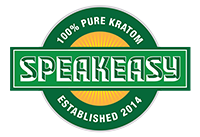
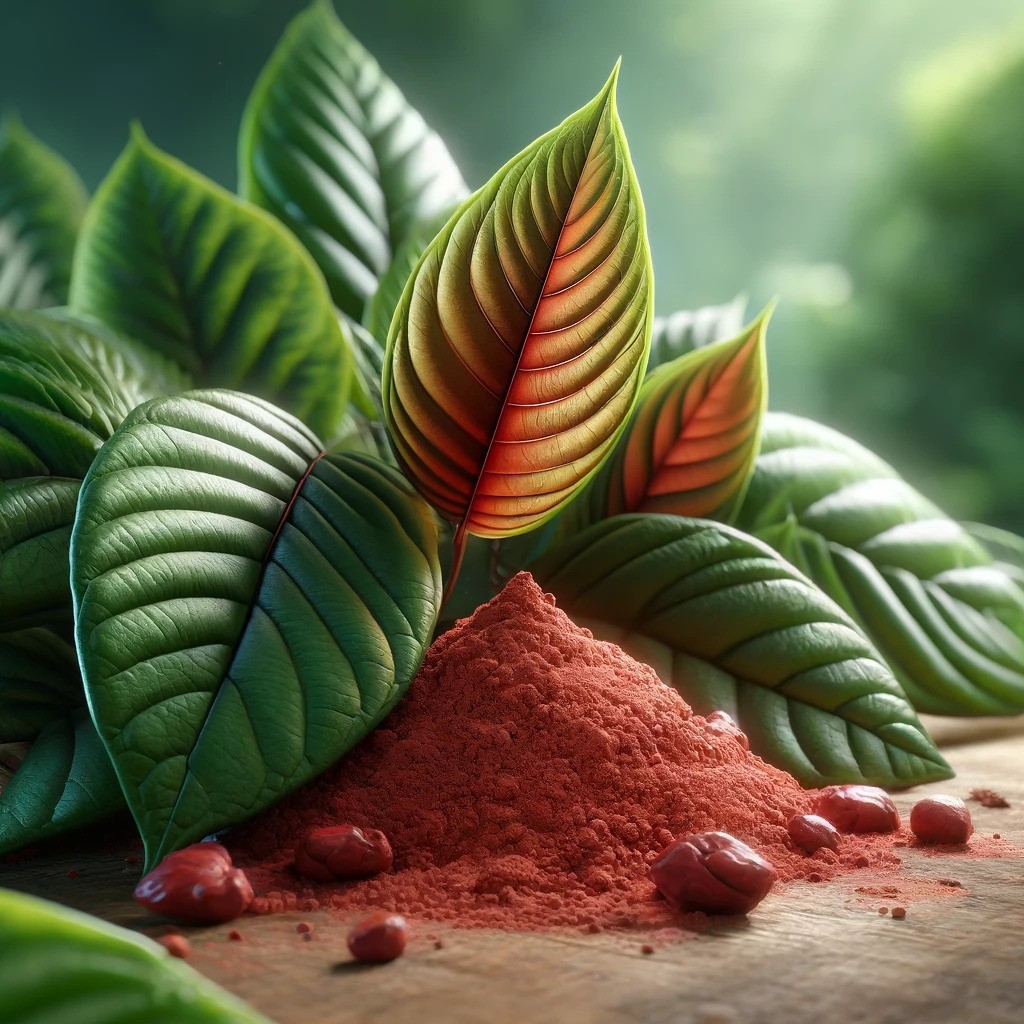
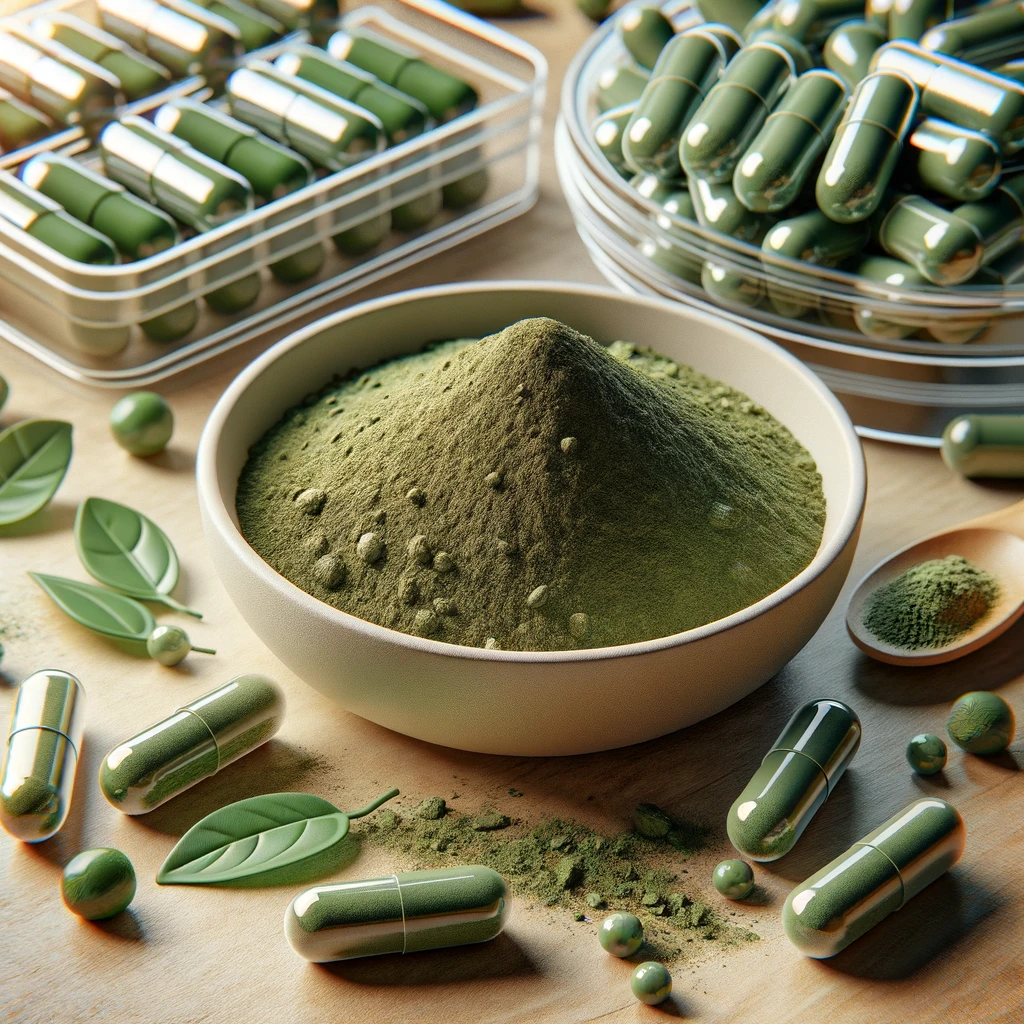



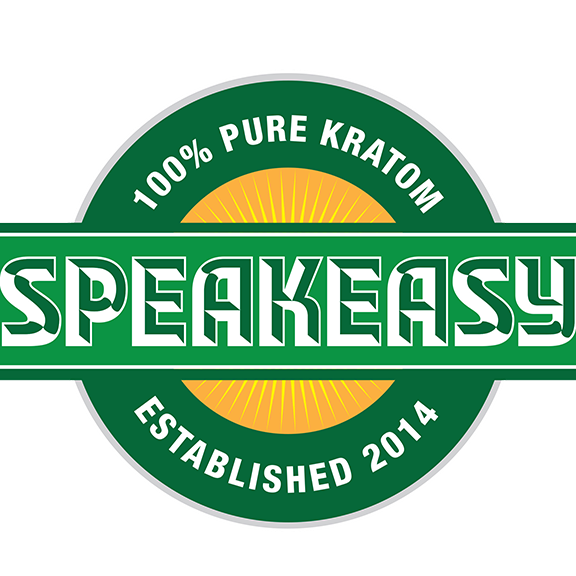
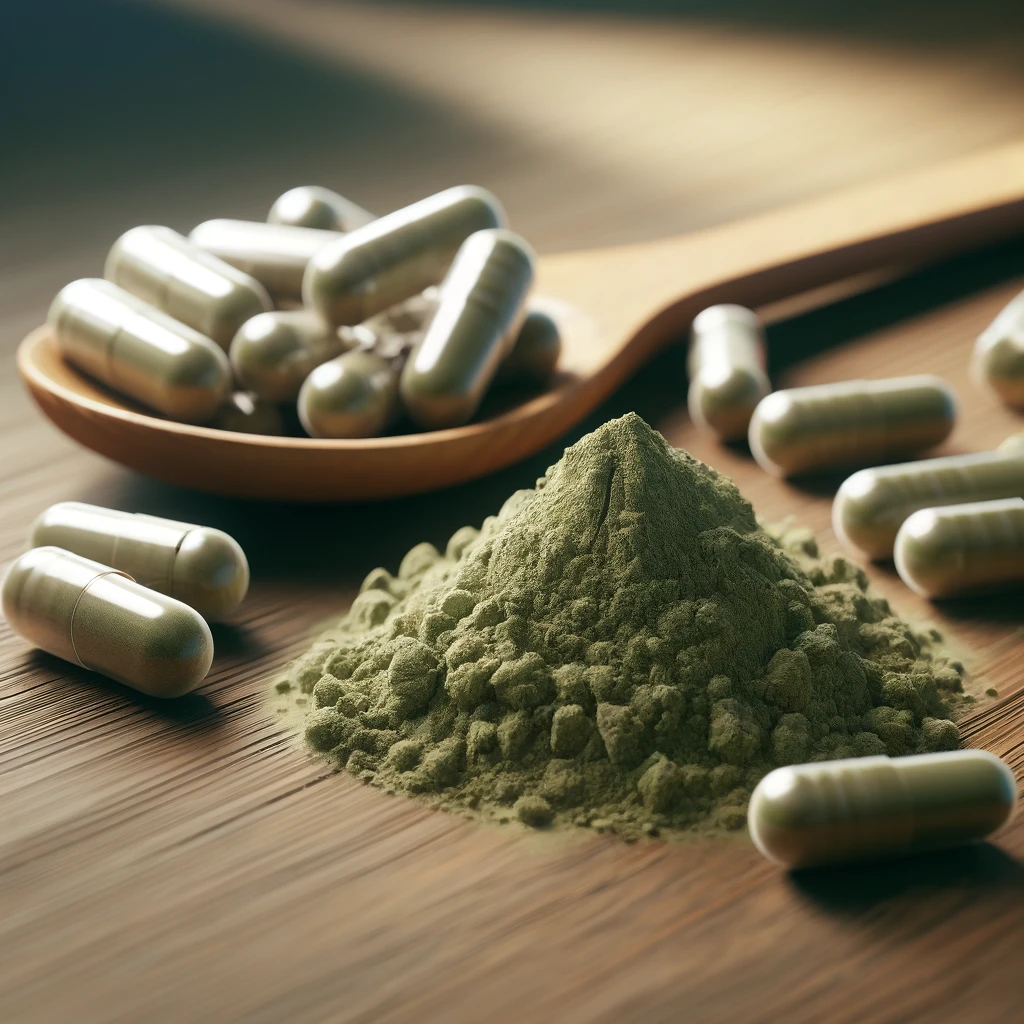
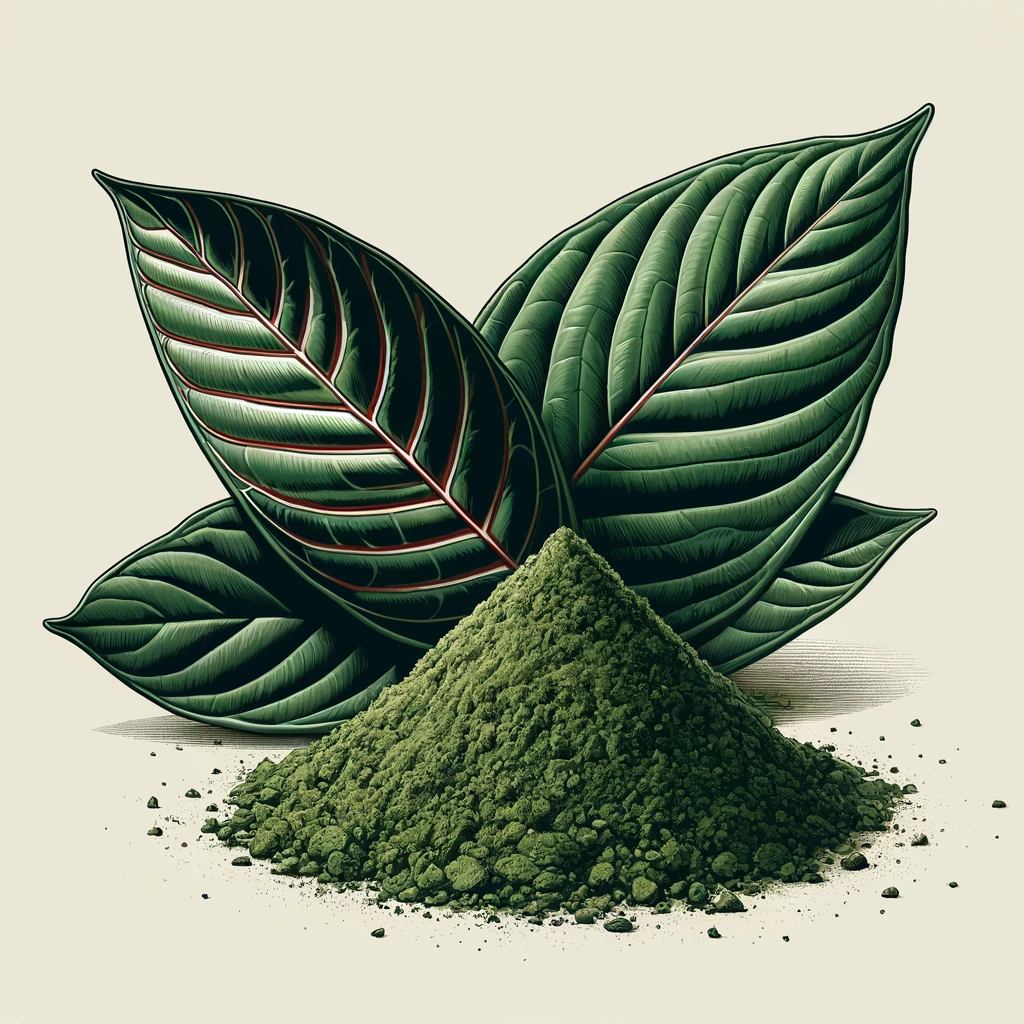

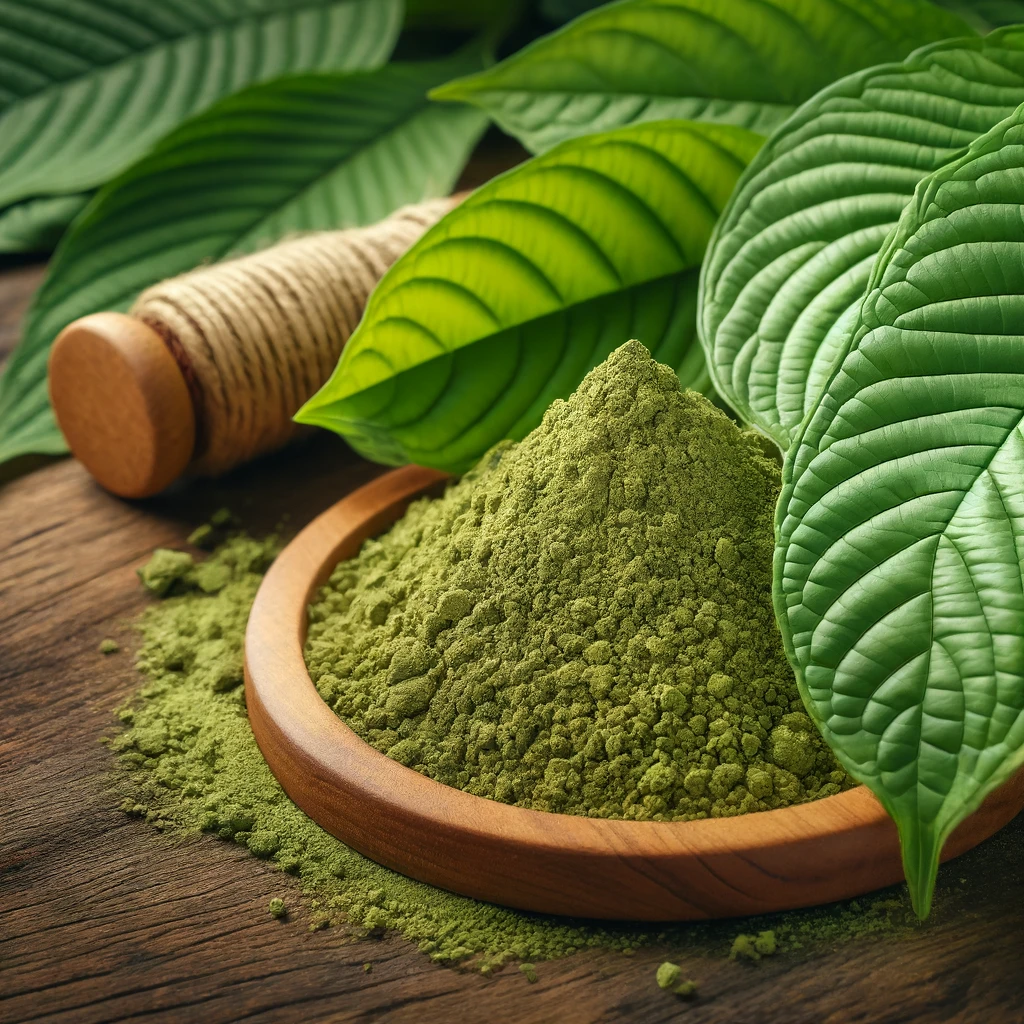
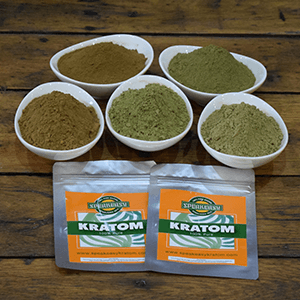
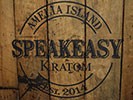
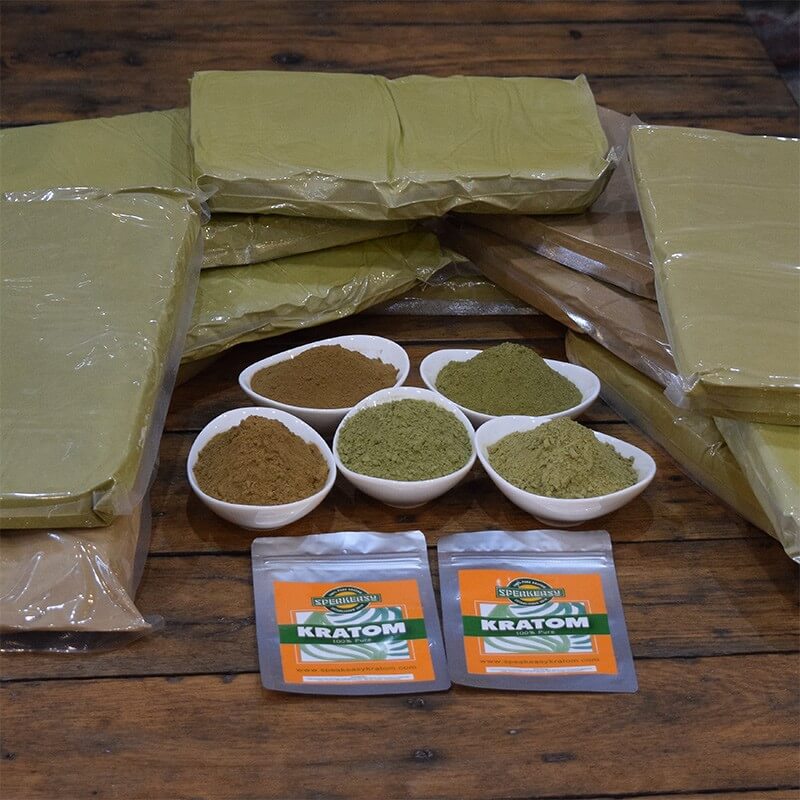
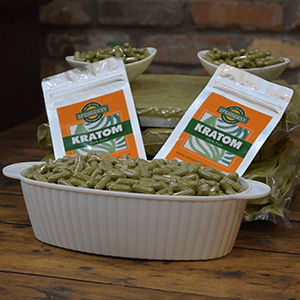
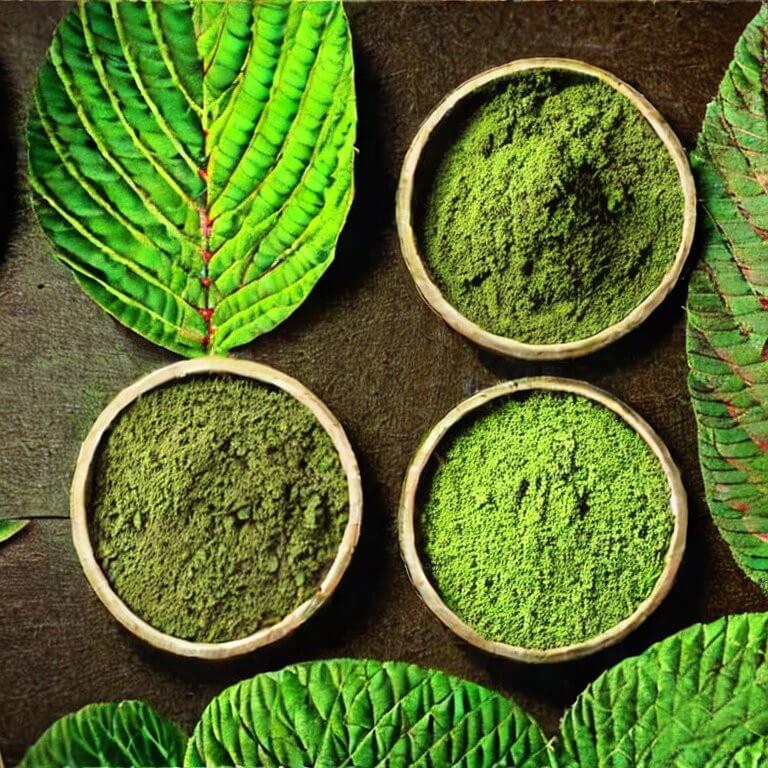
Leave a comment